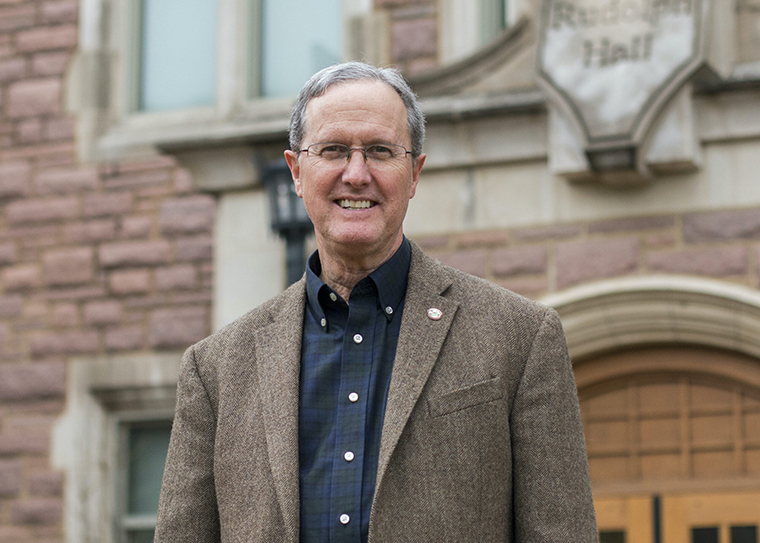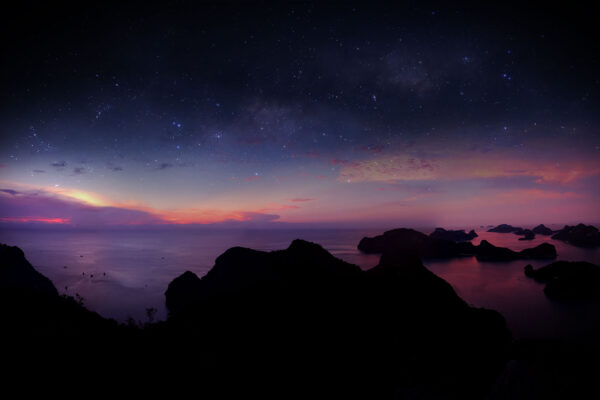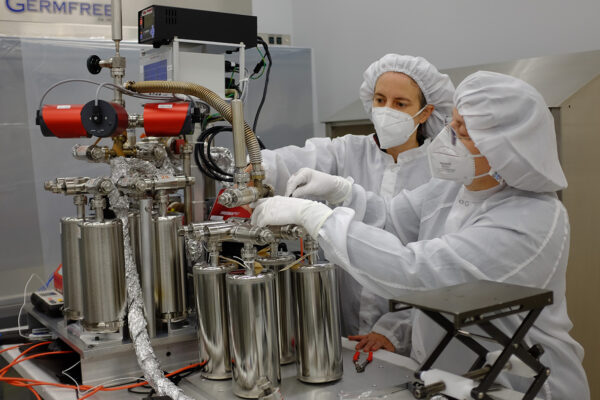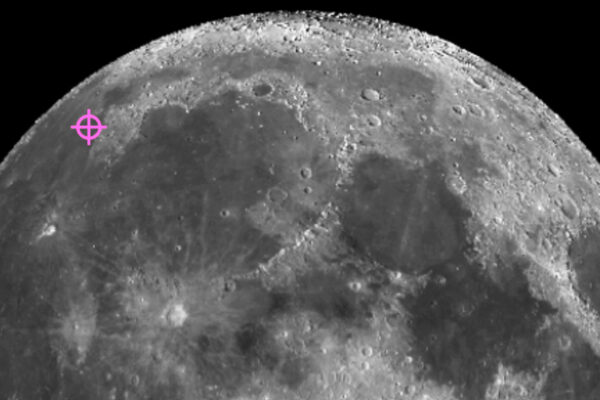On Monday, Aug. 29, NASA plans to launch its Orion spacecraft from the world’s most powerful rocket for a trip around the moon. This launch of the uncrewed Artemis 1 mission is a step toward the goal of landing people on the moon in 2025.
“With a successful launch of Artemis 1, NASA and the U.S. will reclaim the capability to launch humans to the moon,” said Bradley L. Jolliff, the Scott Rudolph Professor of Earth and Planetary Sciences in Arts & Sciences at Washington University in St. Louis and director of the McDonnell Center for the Space Sciences.
“We lost that capability nearly 50 years ago when the last of the Saturn V rockets were retired after the Apollo 17 mission. Artemis 1 will pave the way for the next generation of astronauts to once again explore a world other than our own.”
Artemis represents the next great leap in human exploration of space, beginning with a sustainable return to the moon, Jolliff said.

“In this case, ‘sustainable’ means that the Artemis missions will not be Apollo-like sorties,” he said. “Instead of those short trips to explore a specific location and then return home to Earth, the idea is to learn how to live and work in deep space, beyond low-Earth orbit where the International Space Station has been for many years.”
Learning to live and work on the moon is a significant challenge because astronauts will have to deal with deep-space radiation, including variable radiation from the sun, lunar dust, extreme temperatures and other issues, he explained.
“Astronauts — and the host of engineers and scientists supporting them — will be exploring and learning how to use resources on the moon, such as producing oxygen and water from lunar soil or buried ice at the poles, specifically the south pole of the moon where buried ice is known to be present,” Jolliff said.
“Many nations, not only the United States, are interested in establishing a long-term presence on the moon,” he said. “This presence will be the stepping-off point for further human exploration to other destinations, especially Mars. It will be possible to use hydrogen and oxygen mined and refined on the moon as fuels and life-support resources for travel to these other destinations.”
The moon also remains a valuable place for further scientific exploration and that will be part of the Artemis objectives.
“As Earth’s companion in space, the moon records much about Earth’s early history to help us better understand our past, including events that took place in the early solar system,” Jolliff said.
He recently co-authored a perspective piece in Physics Today about the scientific legacy of the Apollo program, noting that, “Apollo surface samples gave us our first look at alteration by exposure to galactic cosmic rays, energetic solar particles and meteorites, ranging from microscopic to asteroidal.”
As a member of the Lunar Reconnaissance Orbiter Camera science team, Jolliff investigates the moon’s surface, relating what can be seen from orbit to what is known about the moon through the study of lunar meteorites and Apollo samples.
Jolliff also leads the Washington University team that is part of NASA’s Apollo Next Generation Sample Analysis program. He is a co-investigator on the university’s Interdisciplinary Consortium for Evaluating Volatile Origins (ICE Five-O) team, a NASA Solar System Exploration Research Virtual Institute.
“Some 50 years after Apollo, it is about time that we continue our exploration of the moon, and that the U.S. be the leaders of what will undoubtedly be an international effort,” Jolliff said.
To read about Washington University’s deep history studying space, visit this In-Depth piece.


